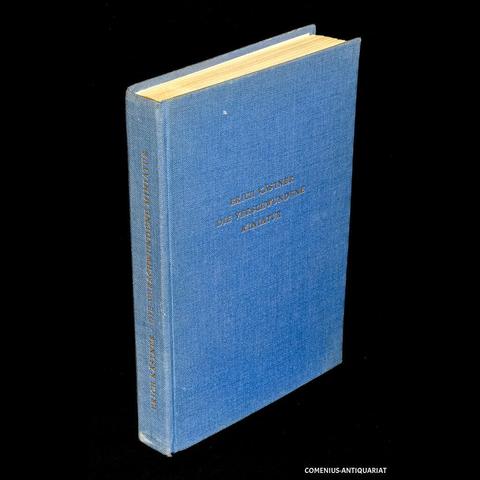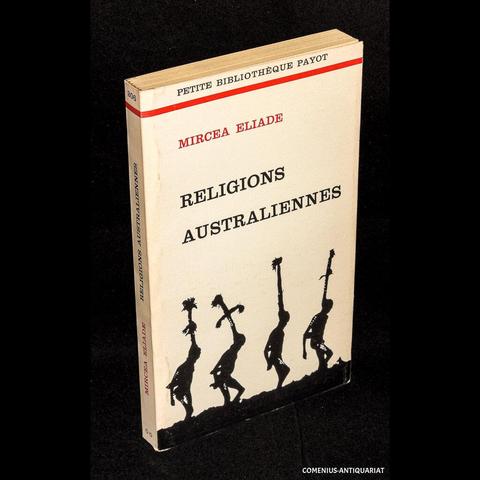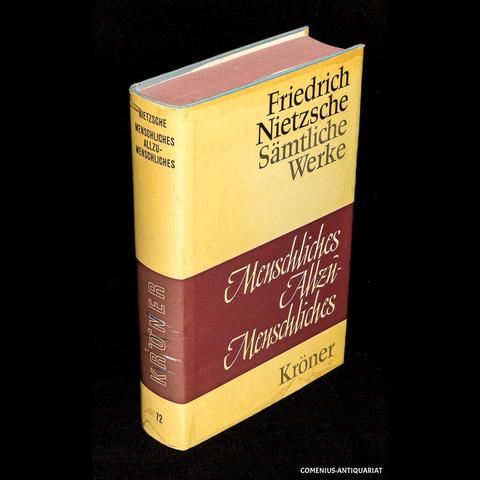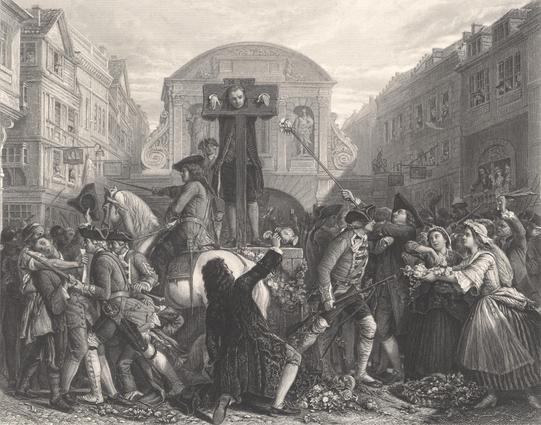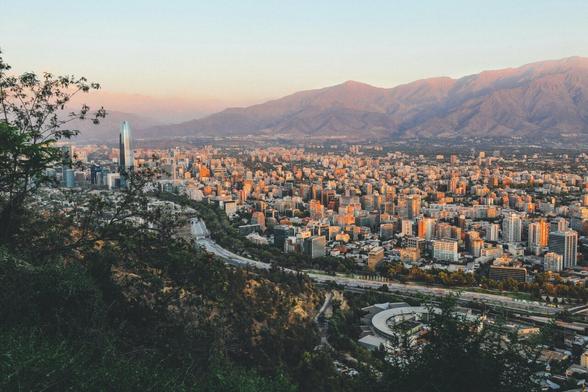Today in History July 31, 1703: The authorities placed write Daniel Defoe in a pillory for the crime of seditious libel. They did it because he published a politically satirical pamphlet. Instead of stones, people pelted him with flowers. Defoe’s most famous book, “Robinson Crusoe,” (1719) has been translated more than any other book in history, other than the Bible. He also wrote “Moll Flanders,” and “A Journal of a Plague Year.” In 1702, William III died. His successor, Queen Anne, immediately went on the offensive against nonconformists. Defoe was a natural target because of his pamphlets and political writings. She arrested him principally for his 1702 pamphlet, “The Shortest-Way with the Dissenters. Or, Proposals for the Establishment of the Church.” In this tract, he argued, satirically, for their extermination. He also ruthlessly satirized both high church Tories and those Dissenters who hypocritically practiced "occasional conformity."
#satire #writer #books #fiction #FreeSpeech #novel #author #religion #defoe #censorship @bookstadon
England thrash Slovenia — dml
England thrash Slovenia — dml
That was more like it. Slow build up, a tad nervous in the opening exchanges, but once we got going we had the right measure of tempo and conviction to get the job done. Rooney is still struggling to rediscover his game-face, but otherwise we defended well, moved through the middle with intent and
Flavien vogue de Puerto Montt à Santiago du Chili
Flavien vogue en bus de nuit pour la première fois. Un trajet très confortable, dû à l'assise. Cependant, il reste focalisé sur son objectif, le dernier et pas le moindre de ce périple sud-américain : l'île de Robinson Crusoé. « La vie et les étranges aventures surprenantes de Robinson Crusoé », plus connu sous « Robinson Crusoé » est l'une des œuvres les plus célèbres de l'écrivain Daniel Defoe. Si l'histoire romanesque est contée depuis plus de trois siècles, c'est l'histoire de la flore qui attire surtout le botaniste.
Mais il doit ronger son frein, à Santiago du Chili. L'escale dans la capitale chilienne est une respiration, un moment suspendu. Il bénéficie de l'hospitalité. L'entraide fait que Gonzalo et Clémentine, sœur d'Hugolin, accueille un instant l'aventurier du bout du monde. Un retour à la civilisation, où le jeune homme passe de lieux emplis de faune et de flore, à une tout autre faune. Ce qui lui permet de profiter, visiter, humer l'ambiance d'une telle ville. C'est aussi le moment de prendre soin de sa chevelure, devenue sauvage.
https://librexpression.fr/exploration-urbaine-de-santiago-epis-39-46
#Argentina #bellavista #Cama #Chile #Coiffeur #defoe #empanada #France #lascondes #Lavausseau #museo #pasteldechoclo #Crusoe #sanhattan #Santiago #trek #WIFI
(Crédits : Alisha Lubben/Pexels)
Today in History July 31, 1703: The authorities placed write Daniel Defoe in a pillory for the crime of seditious libel. They did it because he published a politically satirical pamphlet. Instead of stones, people pelted him with flowers. Defoe’s most famous book, “Robinson Crusoe,” (1719) has been translated more than any other book in history, other than the Bible. He also wrote “Moll Flanders,” and “A Journal of a Plague Year.” In 1702, William III died. His successor, Queen Anne, immediately went on the offensive against nonconformists. Defoe was a natural target because of his pamphlets and political writings. She arrested him principally for his 1702 pamphlet, “The Shortest-Way with the Dissenters. Or, Proposals for the Establishment of the Church.” In this tract, he argued, satirically, for their extermination. He also ruthlessly satirized both high church Tories and those Dissenters who hypocritically practiced "occasional conformity."
#satire #writer #books #fiction #FreeSpeech #novel #author #religion #defoe
#Jermaine #Defoe's podcast following him learning how to be a #football manager. I'm really enjoying it.
https://www.bbc.co.uk/sounds/play/p0f1mxv9?partner=uk.co.bbc&origin=share-mobile
